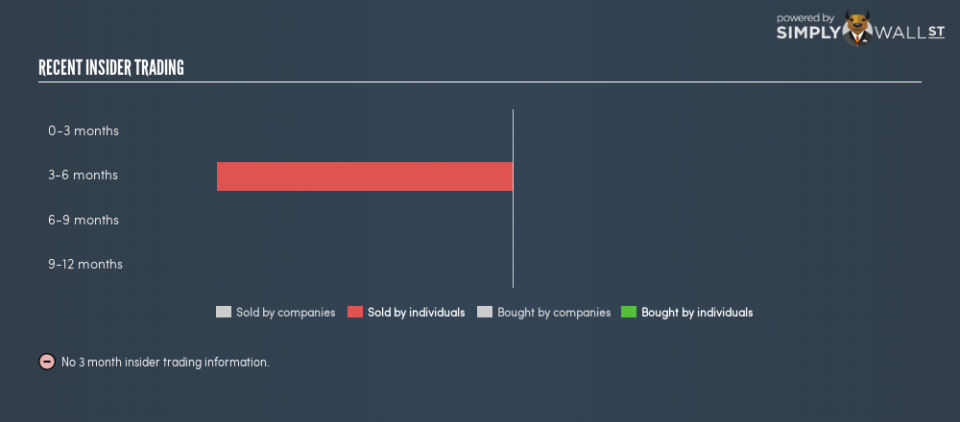Who Has Been Selling Autoliv, Inc. (NYSE:ALV) Shares?

It is not uncommon to see companies perform well in the years after insiders buy shares. Unfortunately, there are also plenty of examples of share prices declining precipitously after insiders have sold shares. So before you buy or sell Autoliv, Inc. (NYSE:ALV), you may well want to know whether insiders have been buying or selling.
What Is Insider Selling?
It’s quite normal to see company insiders, such as board members, trading in company stock, from time to time. However, rules govern insider transactions, and certain disclosures are required.
We would never suggest that investors should base their decisions solely on what the directors of a company have been doing. But logic dictates you should pay some attention to whether insiders are buying or selling shares. For example, a Columbia University study found that ‘insiders are more likely to engage in open market purchases of their own company’s stock when the firm is about to reveal new agreements with customers and suppliers’.
View our latest analysis for Autoliv
Autoliv Insider Transactions Over The Last Year
Chairman Jan Carlson made the biggest insider sale in the last 12 months. That single transaction was for US$3.8m worth of shares at a price of US$89.53 each. So we know that an insider sold shares at around the present share price of US$78.31. They could have a variety of motivations for selling, but it’s still not particularly encouraging to see. We usually pause to reflect on the potential that a stock has a high valuation, if insiders have been selling at around the current price. Jan Carlson was the only individual insider to sell shares in the last twelve months.
You can see the insider transactions (by individuals) over the last year depicted in the chart below. If you click on the chart, you can see all the individual transactions, including the share price, individual, and the date!
If you like to buy stocks alongside management, then you might just love this free list of companies. (Hint: insiders have been buying them).
Does Autoliv Boast High Insider Ownership?
For a common shareholder, it is worth checking how many shares are held by company insiders. A high insider ownership often makes company leadership more mindful of shareholder interests. Insiders own 0.1% of Autoliv shares, worth about US$10m. While this is a strong but not outstanding level of insider ownership, it’s enough to indicate some alignment between management and smaller shareholders.
So What Do The Autoliv Insider Transactions Indicate?
There haven’t been any insider transactions in the last three months — that doesn’t mean much. Our analysis of Autoliv insider transactions leaves us cautious. But we do like the fact that insiders own a fair chunk of the company. Of course, the future is what matters most. So if you are interested in Autoliv, you should check out this free report on analyst forecasts for the company.
Of course Autoliv may not be the best stock to buy. So you may wish to see this free collection of high quality companies.
To help readers see past the short term volatility of the financial market, we aim to bring you a long-term focused research analysis purely driven by fundamental data. Note that our analysis does not factor in the latest price-sensitive company announcements.
The author is an independent contributor and at the time of publication had no position in the stocks mentioned. For errors that warrant correction please contact the editor at editorial-team@simplywallst.com.

 Yahoo Finance
Yahoo Finance 
